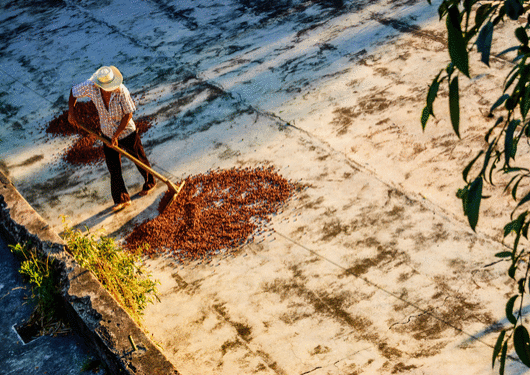
Visit Our Sponsors |
|
|
|
|
|
|
|
|
|
|
|
|
|
|
|
|
|
|
|
|
|
|
|
|
|
|
|
|
|
|
|
|
|
|
|
|
|
|

The coalition includes retailers and food companies such as Unilever, Nestlé , and Dole (DOLE). They will be aiming to use blockchains, a technology that made its name as the basis of the cryptocurrency Bitcoin, to maintain secure digital records and improve the traceability of their foodstuffs, like chicken, chocolate, and bananas.
These companies see blockchains as an opportunity to revamp their data management processes across a complex network that includes farmers, brokers, distributors, processors, retailers, regulators, and consumers. One potential benefit: investigations into food-borne illnesses to take weeks (see this summer's fatal Salmonella outbreak linked to papayas), but a blockchain-based system has the ability to reduce that time to seconds.
Wal-Mart has already run two blockchain experiments in partnership with IBM. The first involved tracking Chinese pork. The second, which you can read about in Fortune's latest cover story on blockchains and big business, involved tracing Mexican mangoes.
For the trials Wal-Mart used Hyperledger Fabric, a blockchain originally built by IBM and now housed under the Linux Foundation's Hyperledger group. This is the preferred blockchain of IBM, which has been marshaling clients to try the tech across industries as varied as private equity, banking, government, and healthcare.
Frank Yiannas, vice president of food safety at Wal-Mart, was so pleased by the pork and mango trials that he rallied peers to join the cause. "We were so encouraged that we really quickly started reaching out to other suppliers and retailers as well," he told Fortune.
RELATED CONTENT
RELATED VIDEOS
Timely, incisive articles delivered directly to your inbox.

